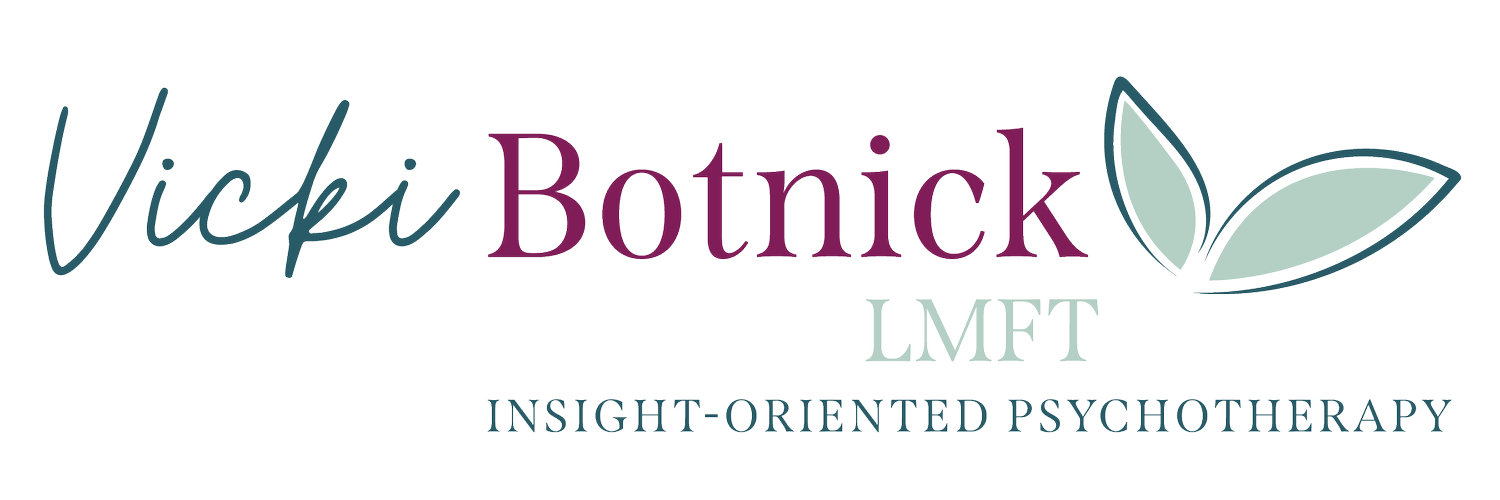Navigating Grief When the Relationship Was Difficult
As tough as it is to manage the grief around losing someone you love, it’s even more challenging when the deceased is someone you had a rough relationship with. If the relationship was hard while they were alive, you can expect it to be hard after they are gone. When relationships are messy, often so is the grief that comes with them.
When we lose someone we’re close to, feeling the void without them an overwhelming aspect of grief. In a complicated loss, this aspect sometimes isn't the issue, but in its place is a huge sadness over how difficult the relationship was, and mourning the loss of the hope for healing.
Often people grappling with complicated losses are confused by what they are feeling. At any moment they might feel sad about the loss, sad about the reality of the relationship, sad for what they wish they had, relieved, angry, or full of guilt. The intensity and bewildering nature of the feelings make them hard to process and make sense of, especially since many of the emotions were pushed down and denied during the relationship.
The grief is tri-layered: it encompasses past, present and future. There’s the painful reality that the relationship failed to be what you needed (past), the loss that you're struggling this moment (present), and giving up the dream that things could be healed (future).
The Myth of “Correct” Grieving
One significant barrier to healing is the societal myth of grieving “correctly.”
Cultural Expectations: Our culture often favors black-and-white thinking, leaving little room for ambiguity. The idealized notion of loss—complete with a warm goodbye and closure—doesn’t reflect the reality for many. Instead, complicated losses can leave us feeling ambivalent and without resolution.
Guilt and Shame: Guilt frequently accompanies grief, particularly in complicated relationships. When there’s no chance for reconciliation, many grapple with feelings of guilt about what could have been done differently. This can lead to anger, confusion, and a sense of helplessness.
How to Work Through the Process
So, how can we effectively process these uncomfortable feelings without becoming overwhelmed?
Creating Space for Grief: It’s essential to allow yourself to express and understand your anger and grief. By voicing these emotions, you can reclaim some control over your narrative.
Crafting Your Story: Mourning offers an opportunity to highlight aspects of the relationship that are meaningful to you. By creating a narrative with a beginning, middle, and end, you can foster understanding and wisdom about both yourself and the other person.
Self-Compassion: The truth is that self-compassion and compassion for others are intertwined. Both need nurturing during the grieving process. The more you can give yourself grace, the more empathy can arise for your lost loved one which might bring you more comfort.
Try Not to Buy Into Societal Norms: In our culture, death is often a taboo subject, leading many to feel isolated in their grief, especially when dealing with complicated relationships. A more accepting and educational approach to grief could help you feel less alone and more empowered in your mourning process. Seek out support groups or communities that offer varied perspectives on grief. This can provide valuable insights and affirmations that there’s no “one-size-fits-all” way to grieve.
Preparing for Anticipated Loss
If you’re facing an anticipated loss, consider these steps to prepare yourself:
Decide on Reconciliation: Reflect on whether it would be beneficial to reconcile or express your feelings before the loss. Be mindful that guilt may arise afterward, so consider your actions carefully.
Offer Support: Show up for your loved one in meaningful ways. Understand that even if they seem okay, they may be grappling with their own pain.
Grief is a deeply personal journey, especially when it comes to complicated relationships. By acknowledging the complexity of these emotions and allowing space for them, we can move towards healing. Remember, it’s okay to seek help and take your time to figure out this complex web of responses.
If you’re ready to find support with therapy, schedule a free consultation here.
